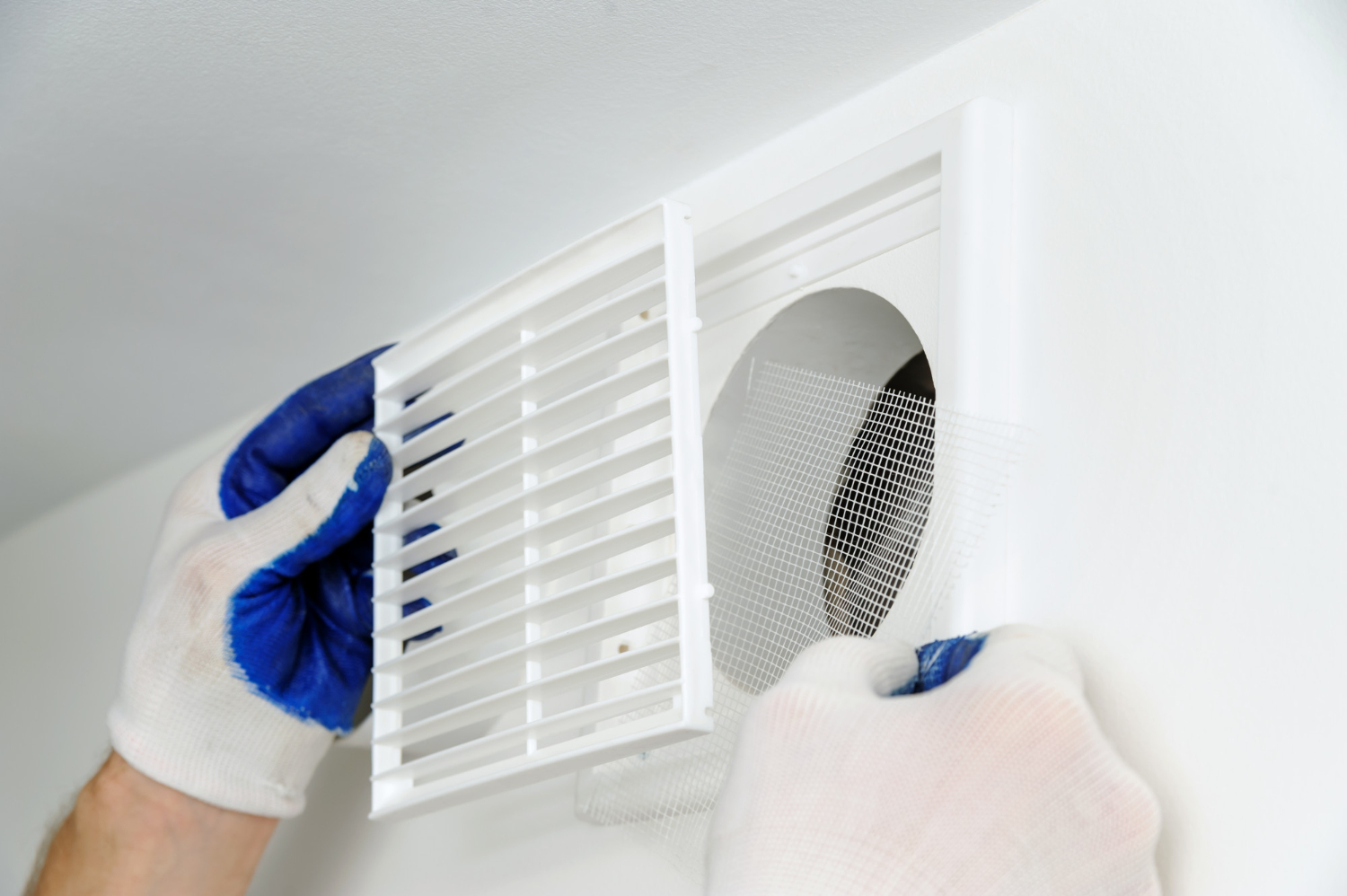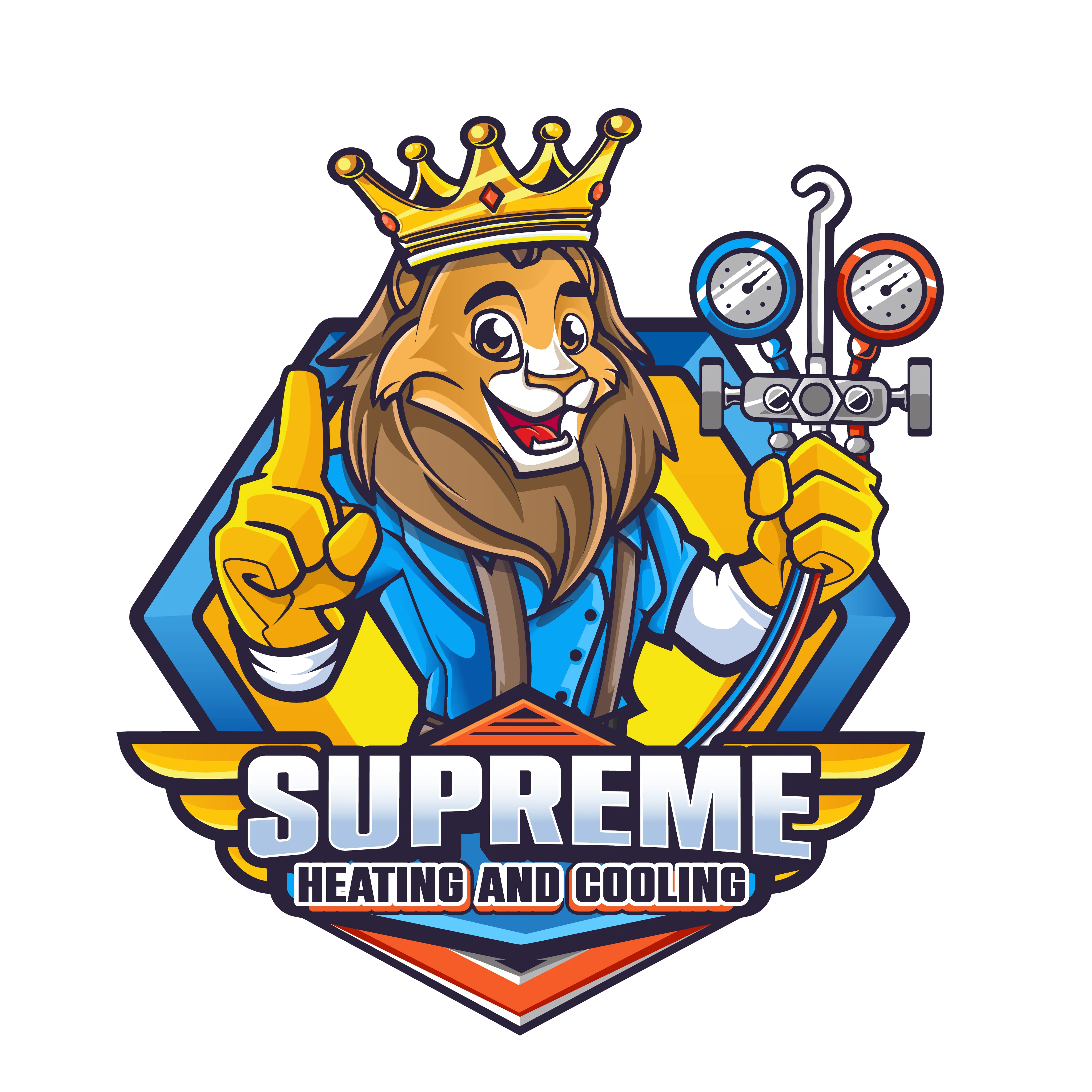
Maintaining good indoor air quality is essential for a healthy home environment. Many everyday activities, from cooking to cleaning, can introduce pollutants like dust, pet dander, and harmful chemicals into the air. These contaminants can cause serious health issues, especially for those with allergies or respiratory conditions. Understanding how to improve air quality is crucial for creating a safer living space.
Core Components of Whole House Air Filtration Systems
Filters and Filtration Media
The heart of any whole house air filtration system is its filters and filtration media. These components capture pollutants such as dust, pollen, mold spores, and pet dander, ensuring that the air circulating in your home is clean. The most common types of filters are pleated filters, HEPA (High-Efficiency Particulate Air) filters, and activated carbon filters. Each type has its own strengths; for example, HEPA filters are highly effective at capturing fine particles, while activated carbon filters excel at removing odors and chemical vapors.
The efficiency of the filtration media plays a significant role in how well the system performs. High-quality filters can capture a larger percentage of airborne pollutants, thus improving indoor air quality more effectively. Our professionals carefully assess the specific needs of your home to select the most appropriate filters for optimal performance.
HVAC Integration
Another key component of a whole house air filtration system is its integration with your HVAC system. This integration allows the filtration system to clean all the air that passes through your heating and cooling units, ensuring that every room in your home benefits from purified air. The filtration unit is installed within the ductwork of your existing HVAC system, making it a seamless addition.
Our technicians ensure a proper and secure installation to maximize efficiency. Correct placement and integration are crucial, as any gaps or poor connections can reduce the system’s effectiveness. By providing a streamlined setup, our professionals help you achieve better indoor air quality and ensure that your HVAC system operates efficiently.
Functionality of Different Filtration Technologies
Mechanical Filters
Mechanical filters are one of the most commonly used technologies in whole house air filtration systems. These filters work by physically trapping particles as air passes through them. The size of the filter’s pores determines what kind of particles it can capture. For instance, HEPA filters have very fine pores that can trap tiny particles like pollen, mold spores, and even some bacteria. Our professionals often recommend mechanical filters for homes with high levels of particulate pollutants.
Electronic Air Cleaners
Electronic air cleaners, also known as electrostatic air purifiers, use electrostatic attraction to remove particles from the air. These devices charge the particles in the air, which then stick to oppositely charged plates within the unit. This method is effective for capturing smaller particles that mechanical filters might miss. One advantage of electronic air cleaners is that the plates can be washed and reused, reducing the need for frequent filter replacements.
Hybrid Systems
Hybrid systems combine elements of both mechanical and electronic filtration technologies. These systems offer comprehensive filtration by using mechanical filters to capture larger particles and electronic air cleaners to remove smaller ones. Hybrid systems are highly effective at improving indoor air quality as they address a broader range of pollutants. Our technicians often recommend hybrid systems for homes where both particulate and gaseous contaminants are a concern.
Understanding these different technologies and their functionalities helps you choose the best filtration system for your home. Each type has specific applications and benefits, and our professionals can guide you in making the most suitable choice to enhance your indoor air quality.
Benefits of Using Whole House Air Filtration Systems
Improved Indoor Air Quality
One of the primary benefits of whole house air filtration systems is the significant improvement in indoor air quality. Pollutants like dust, pet dander, pollen, and mold spores are effectively captured and removed from the air circulating throughout your home. This ensures that every room benefits from cleaner, fresher air. Whole house air filtration systems are designed to handle a large volume of air, making them more efficient than portable air purifiers, which can only clean the air in a single room.
Health and Wellness Advantages
Enhanced indoor air quality has a direct impact on your health and wellness. For individuals with allergies or respiratory conditions, whole house air filtration can reduce symptoms by removing irritants and allergens from the air. Even for those without existing health issues, cleaner air can lead to better overall health, improving lung function and reducing the risk of respiratory infections. Additionally, a cleaner air environment contributes to better sleep, higher energy levels, and an overall sense of well-being.
Installation and Maintenance Tips from Our Professionals
Steps for Proper Installation
The installation of a whole house air filtration system requires expert knowledge to ensure optimal performance. Our professionals start by assessing your home’s HVAC system to determine the best placement for the filtration unit. The unit is then installed within the ductwork, making sure that all connections are secure and that air flows efficiently through the filters.
Proper installation also involves checking for any air leaks and ensuring that the system is calibrated correctly. Our technicians take these steps seriously to guarantee that your whole house air filtration system functions effectively from day one.
Importance of Routine Maintenance and Inspections
Routine maintenance is crucial for the longevity and efficiency of your whole house air filtration system. Regular inspections help identify any issues early on, such as clogged filters or wear and tear on components. Our professionals recommend changing filters according to the manufacturer’s guidelines, which can vary depending on the type of filter and the level of pollutants in your home.
In addition to filter replacement, our technicians perform comprehensive system check-ups to ensure all parts are working correctly. Scheduled maintenance helps keep your system running smoothly, ensuring continuous clean air throughout your home and prolonging the life of your investment.
Conclusion
Whole house air filtration systems are an effective solution for improving indoor air quality and enhancing the health and wellness of everyone in your home. By understanding how these systems work, from their core components to their various filtration technologies, you can make informed decisions that best suit your needs. The benefits of cleaner air are vast, impacting everything from respiratory health to overall well-being.
Our professionals at Supreme Heating and Cooling are dedicated to providing superior installation and maintenance services, ensuring your whole house air filtration system operates at peak efficiency. Regular maintenance is essential for sustaining these benefits, and our technicians are well-equipped to handle all your needs. For those looking to improve their indoor air quality, consider investing in a whole house air filtration system.
Contact us to schedule a whole house air filtration service in Penn Hills. Breathe easier knowing your home’s air quality is in expert hands.

.svg)

.webp)


.svg)
.webp)
.svg)
